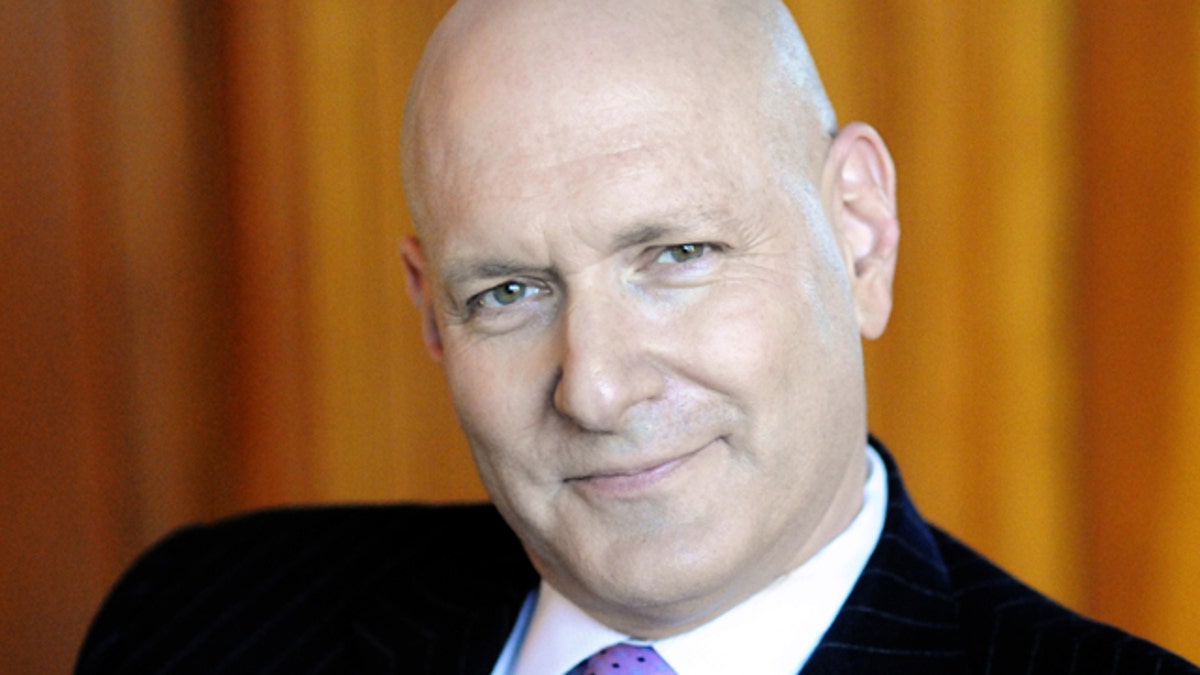
Dr. Keith Ablow
Bill Siegel, an attorney, businessman and film producer, has written a political book called "The Control Factor" that also deserves a place in the psychology section of bookstores and libraries.
The central thesis of "The Control Factor" is that we are not only denying the threat that radical Islam poses to America and her allies, but that the denial is an active process through which we unconsciously seek to convince ourselves that all is well—as if, by magic, the very act of thus believing would make it so.
Siegel’s contribution to waking up our nation to the true threat we face is significant enough, in and of itself, and is certainly reason enough to read his groundbreaking book.
But as the chapters of "The Control Factor" unfold, Siegel also contributes significantly to the field of psychology and psychiatry—and millions of those hamstrung by denial—by making the compelling argument that denial isn’t just running away from facts; it is a complex, methodical, unconscious mental strategy designed to maintain a sense of optimism and equilibrium (both of which feel good) amidst feelings of powerlessness and uncertainty (both of which feel bad, if not outright terrifying).
As Siegel correctly points out, "The Control Factor" not only helps us understand why we think of the world as safer than it is, it helps us explain why spouses of alcoholics underestimate the destruction being wrought in their families by their spouses’ failure to quit drinking.
It helps us explain why we wait to recognize and treat early signs of diseases like cancer.
It helps us explain why we would risk unprotected sexual intercourse in an age of potentially fatal sexually-transmitted diseases.
One of Siegel’s insights is that our mind’s dance with outside stressors isn’t really a one-way street. Sure, we all know that trouble around us will disturb our internal sense of peace. But Siegel argues that we fantasize (and act as though) maintaining an internal sense of peace will actually extinguish trouble around us—as though meditating during a tsunami will actually keep you dry and keep your feet on solid ground.
This magical thinking, by the way, is a close cousin of delusional thinking—maintaining fixed and false beliefs.
Another of Siegel’s insights is that the control factor encourages us to accept guilt for the disordered or reprehensible actions of others.
This, he makes clear, is as true for the violent rhetoric of radical Islam (wrongly excused at times on the basis that somehow “we” made radical Muslims angry) as it is for the use of heroin by addicts in our families. It feels better to think that we are the cause of the trouble because then if we just change ourselves—which would seem to be easier than controlling or defeating them—the trouble will go away.
Siegel goes on to describe the techniques of what he calls “Inner Jihad,” which is, essentially, the playbook to defeat the control factor and regain a clear view of reality—complete with its distressing elements.
With this clear view, real steps can be taken to defeat trouble in one’s life, one’s family, one’s country or in the world at large. And while Siegel’s main thesis is that an inner jihad is required to stem the tide of actual jihad against us, it is as applicable to waging war on any outside pathology that would defeat us partly through kindling our denial.
The long-awaited discussion between psychological defense mechanisms and defending our nation has begun. That is the central gift of Bill Siegel’s book. Read it. Re-read it. Think about how precarious a moment in history this really is. Then you will be closer to doing what it takes to confront the real danger at hand.
Dr. Keith Ablow is a psychiatrist and member of the Fox News Medical A-Team. Dr. Ablow can be reached at info@keithablow.com. His team of Life Coaches can be reached at lifecoach@keithablow.com.








































